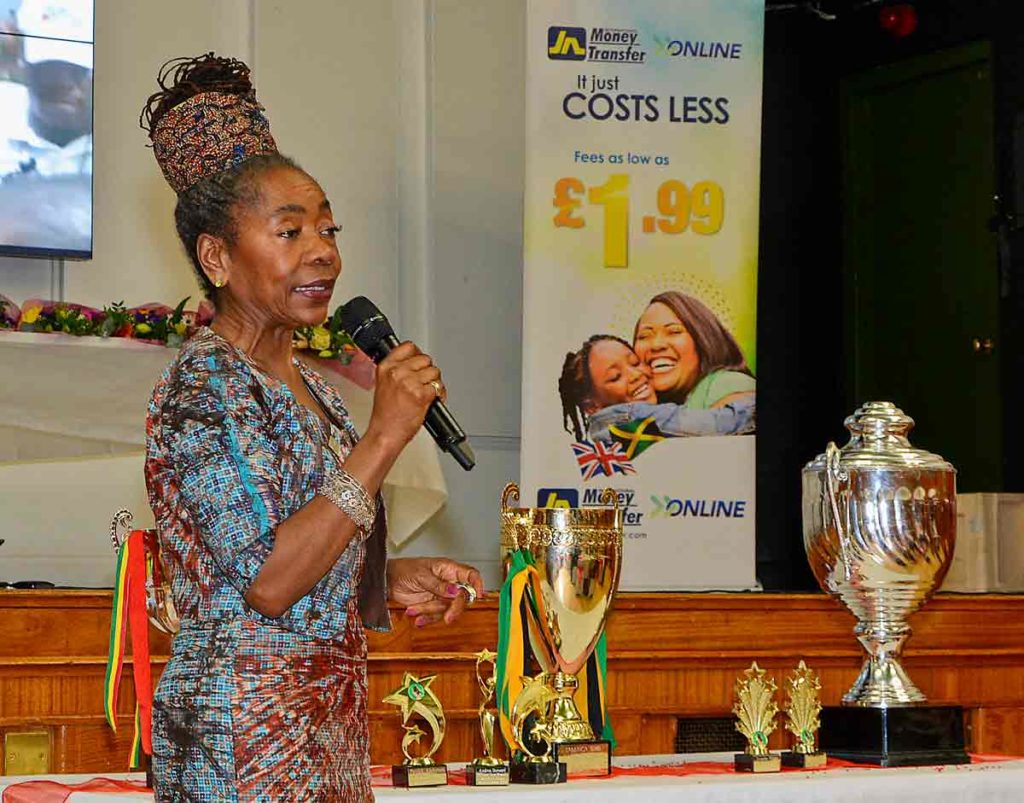
Lambeth council’s first “engagement event” in its public debate on sites in the borough with links to the trans-Atlantic slave trade and British colonial history will be held at 2pm on Thursday, November 19.
The online event will begin with an introduction by Lambeth Archives manager Jon Newman to the topic and context for each of the locations identified in the borough. People who want to participate can sign up on the council website.
Cllr Sonia Winifred, cabinet member for equalities and culture, will lead a discussion with Dr Debbie Weekes-Bernard, Deputy Mayor of London for social integration, social mobility and community engagement and Brixton resident Dawn Hill, chair of the Black Cultural Archives on Windrush Square.
Lambeth residents, community and heritage groups, activists and others will then be able to contribute their thoughts on the Lambeth of the past and of today.
The council will be invite consultees to submit their own ideas and opinions about individual locations, as well as suggestions about who the borough should be should be commemorating today. Its initial report is available online.
Using both online and print surveys over the next few months, the council hopes to collect views from as wide a range of people and organisations as possible.
More enegagement events will be announced in the new year.
Cllr Winifred said: “Despite the lockdown, we want to get the conversation going about what is an important issue for Lambeth.
“Equality is not only about democratic rights, respect and richness in diversity, it is also about listening to the viewpoints of others, even when we disagree.
“Lambeth is a fantastic place – it’s the world in one borough.
“Its roots go deep, for many people and communities who have made it their home in their own way.
“That said, some sites in the shared space in which we live are contentious.
“They commemorate people who were successful, generous and civic-minded in many cases, but they also glorify individuals who caused untold suffering and pain, the effects of which are keenly felt today.
“The challenge from the Black Lives Matter movement, among many others, was and is clear: can we face our past and discuss among ourselves who we choose to name our streets after, or our public spaces?
“I hope as many people as possible get involved over the next few months with ideas, suggestions, comments and debate and show that Lambeth is a place that, despite many challenges, is united.”
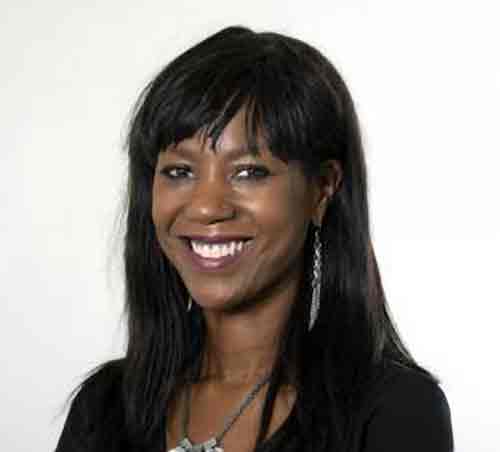
Dr Weekes-Bernard said: “Lambeth is one of the most diverse boroughs in London, but it’s right that work is being carried out to ensure its landmarks suitably reflect the capital’s achievements.
“It is an uncomfortable truth that our nation and indeed London owes a large part of its wealth to its role in the slave trade, therefore we must question which legacies are being celebrated.
“I am delighted to be taking part in this important discussion with Lambeth council and its residents – it is a positive step forward in how we think about the history, culture and society in which we live.”
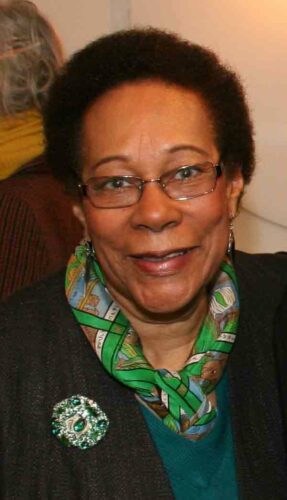
Dawn Hill, chair of the Black Cultural Archives, based in Lambeth, said: “I am proud to have lived in Lambeth – and specifically in Brixton – for 42 years. Much has changed in that time.
“It is my hope that all who live in this historic borough will engage with this consultation and I look forward to hearing your views on who or what you think should be commemorated.”

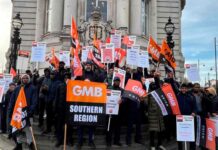
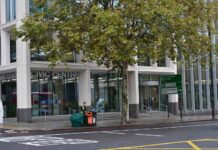
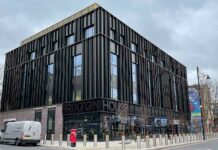



I would be far impressed were the Council to debate what to do about Modern Slavery in Lambeth today. Fifty years ago, as a student, I attended a meeting of the Anti-Slavery Society expecting to hear a lecture on a subject not well covered in my African History module. I was shocked to learn that the lecture was about the present NOT the past. I also learned why the salve trade was a taboo subject in African history. Many of the anti-colonial freedom fighters were descended from those who had sold their political opponents and domestic slaves to the white men in return for the weapons to win their wars. Slavery, racism and colonialism are not the same. Conflating them does not help address the causes of prejudice and the consequent failure to harness the talents of all our local population.
https://www.antislavery.org/slavery-today/slavery-uk/